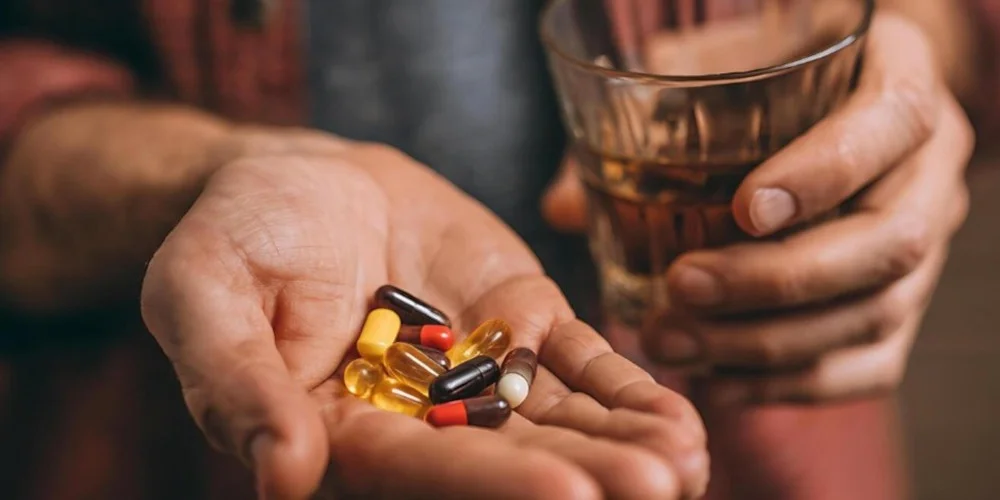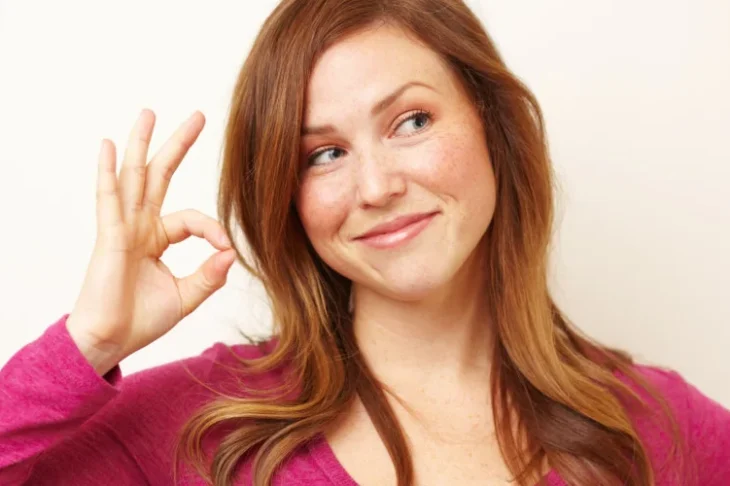
Can You Be “Clean” If You’re on Psychiatric Drugs?
It’s one of the most divisive questions in recovery circles: can you call yourself clean if you’re still taking psychiatric medication? For many people, the word “clean” carries moral weight, it’s a badge of honour, a symbol of freedom from dependence. But what happens when recovery collides with mental illness? What if staying “clean” means ignoring the medicine that keeps you alive?
Inside support groups, halfway houses, and even some treatment centres, people whisper about it. “She’s sober, but she’s on antidepressants.” “He’s still taking something.” “They’re not really clean.”
It’s a dangerous, outdated idea, one that’s cost people their stability, their progress, and sometimes their lives. Because recovery isn’t about abstaining from all substances. It’s about freedom from self-destruction. And sometimes, that freedom includes medication.
Where the Stigma Comes From
To understand this debate, you have to look at where recovery culture began. Early twelve-step programs were built around total abstinence, no drugs, no alcohol, no mind-altering substances. It made sense for its time; most members were dealing with chemical addictions that thrived on denial.
But the philosophy was never meant to cover psychiatric illness. Back then, the understanding of mental health was primitive at best. Depression was “sadness.” Anxiety was “nerves.” Bipolar disorder was “moodiness.” The idea that the brain might need chemical support simply didn’t fit the moral framework of addiction recovery.
So a belief formed, any substance that changes your mood, even medically, is a threat to sobriety. It became part of the recovery script, a purity test. But as science evolved, that script didn’t.
Now, decades later, many people still internalise that shame. They hide their medication. They apologise for it. They whisper, “I’m sober… but I take something.”
The Dangerous Confusion Between “Clean” and “Cured”
In recovery spaces, the word clean carries enormous emotional weight. It represents redemption, effort, survival. But it also carries judgment. If someone’s “clean,” someone else must be “dirty.” It divides people into categories that don’t belong in healing.
Taking psychiatric medication doesn’t make you “unclean.” It means your recovery involves chemistry, just like a diabetic’s involves insulin, or a heart patient’s involves blood pressure medication. The brain is an organ too.
Addiction isn’t the only disease that affects it. Depression, anxiety, PTSD, and bipolar disorder can be just as lethal, and pretending otherwise is denial disguised as discipline.
You’re not “cheating” by treating your brain. You’re healing it.
When Untreated Illness Masquerades as Relapse
Many people in recovery relapse not because they want to use, but because they’re unknowingly battling untreated mental illness. They stay off drugs or alcohol, but the depression, paranoia, or anxiety that once drove their addiction returns full force.
They tell themselves to “pray harder” or “work the steps,” but no amount of willpower can fix a chemical imbalance. Eventually, they break, not from weakness, but from exhaustion.
When medication is shamed, people stop taking it. And when they stop, their symptoms roar back. Some end up in relapse. Some end up in psych wards. Some never make it back.
This isn’t weakness. It’s biology. Recovery isn’t about rejecting science, it’s about integrating it.
The Recovery Police
Every recovery community has them, the self-appointed gatekeepers of purity. They measure sobriety by what’s in your bloodstream instead of what’s in your behaviour. They quote slogans like scripture and use them as weapons.
They mean well, most of the time. They’ve found something that works for them and assume it should work for everyone. But recovery isn’t one-size-fits-all. What saves one person can kill another.
The “no medication” stance might work for someone whose only issue was substance use. But for someone with bipolar disorder or trauma-related anxiety, that rule can be lethal. Sobriety isn’t about uniformity. It’s about honesty. If your truth is that you need medication to stay balanced, then that’s your recovery, not anyone else’s.
The Science of the Brain in Recovery
When someone stops using drugs or drinking, their brain doesn’t immediately return to normal. Addiction alters brain chemistry, especially dopamine and serotonin pathways, the very same systems involved in mood regulation.
That’s why many people experience depression, anxiety, or insomnia long after detox. It’s not just psychological withdrawal, it’s neurochemical. The brain is trying to rebuild balance.
For some, therapy and time are enough. For others, medication bridges the gap, stabilising mood, easing anxiety, preventing suicidal thoughts. Calling that “not clean” is like telling a heart patient to ditch their pacemaker and “just breathe through it.”
If anything, taking medication responsibly is the definition of recovery, recognising a problem and treating it before it destroys you.
The Fear of “Substituting” One Drug for Another
A common argument against psychiatric medication is that it’s “just another crutch.” People say it’s replacing one dependency with another. But that comparison ignores intent, dosage, and medical supervision. Addiction is about escape and control, taking something to change your state of mind for relief or pleasure. Medication is about stability, taking something to function. The difference is purpose.
If you’re taking medication as prescribed, under professional care, with the goal of healing, that’s not addiction. That’s self-care.
Recovery isn’t about living without chemicals. It’s about living without chaos.
The Reality of Dual Diagnosis
A huge percentage of addicts also suffer from mental health disorders, what professionals call “dual diagnosis.” Depression, trauma, anxiety, and bipolar disorder often come first, and substances become the self-medication. Take away the drug, and the original pain remains. Without addressing the underlying disorder, relapse is inevitable.
That’s why integrated treatment, combining therapy, psychiatry, and recovery support, is essential. It’s not a shortcut, it’s science. You can’t heal trauma by just treating the symptom of addiction. You have to treat the whole person.
But stigma still drives a wedge between these two worlds, with rehab often focusing on abstinence and psychiatry focusing on medication. People end up caught in the middle, punished by both systems for trying to survive.
The Guilt Trap
For many people, the decision to start or continue psychiatric medication after rehab comes with deep guilt. They fear judgment from peers, sponsors, or counsellors. Some even hide their prescriptions, pretending to be “med-free” while quietly doing what they need to stay functional.
That secrecy becomes toxic. It reinforces the shame that drove the addiction in the first place. The same voice that once said “Don’t tell anyone you’re using” now whispers “Don’t tell anyone you’re medicated.” Healing thrives in transparency. You don’t need to justify survival. You just need to live it.
When Medication Becomes Misused
Of course, there’s a flip side. Some people do misuse psychiatric drugs. They doctor-hop for benzodiazepines or overuse stimulants. They use medication to numb, not to heal.
That’s not recovery either, it’s relapse wearing a white coat. But the misuse of medication doesn’t invalidate its proper use. Just because something can be abused doesn’t mean it shouldn’t be used.
The solution isn’t to demonise medication, it’s to manage it with accountability. A good psychiatrist, a transparent recovery plan, and honest conversation with sponsors or therapists can keep healing from turning into hiding.
The Intersection of Faith and Medicine
In many faith-based recovery circles, medication becomes a moral battleground. People are told to “trust God, not pills.” To “pray it away.” To “let go and let faith.”
Faith can be powerful. But faith doesn’t negate biology. God also made doctors. If prayer alone could cure depression or trauma, no one would be dying of them.
You can believe in both grace and science. Taking medication doesn’t mean you lack faith. It means you’ve accepted that your recovery might include more than one kind of help, spiritual and chemical.
Healing doesn’t have to look pure to be real.
What True Sobriety Means
Sobriety isn’t defined by what’s in your bloodstream. It’s defined by what’s in your intentions, your behaviour, and your honesty.
If medication helps you show up to life, to be present, to parent, to feel without being overwhelmed, then that’s recovery. If it helps you stay alive long enough to heal the root causes of addiction, then it’s working.
Being “clean” isn’t about perfection. It’s about responsibility. It’s about making choices that protect your sanity instead of destroying it.
The goal of recovery was never to live a chemically pure life. It was to live a meaningful one.
Rewriting the Definition of “Clean”
It’s time to evolve the language of recovery. “Clean” shouldn’t mean chemical abstinence. It should mean clarity of mind. It should mean living free from self-harm, whether that harm comes from a drug, a bottle, or untreated depression.
No one should have to choose between sobriety and sanity. You can be medicated and clean. You can be spiritual and scientific. You can be healing without being perfect.
Recovery is personal. If your path includes therapy, prayer, and psychiatric medication, it’s still recovery. It’s yours.
The Courage to Heal on Your Own Terms
The bravest people in recovery aren’t the ones who never take a pill again. They’re the ones who tell the truth about what it takes to stay alive. They push past stigma, outdated beliefs, and judgment from others who don’t understand. They reclaim their health on their own terms.
Because healing isn’t a contest. It’s survival. And survival, whether powered by prayer, medication, or sheer will, is always worth honouring.


